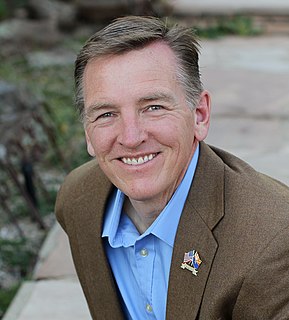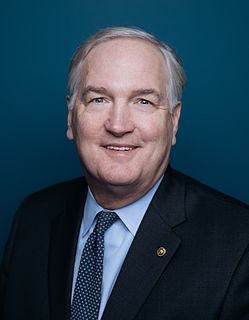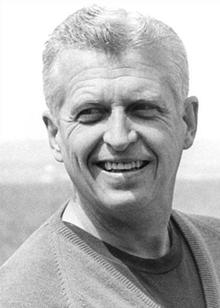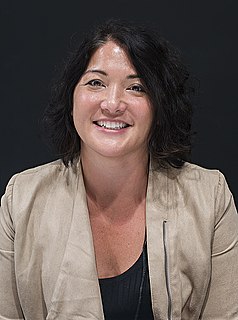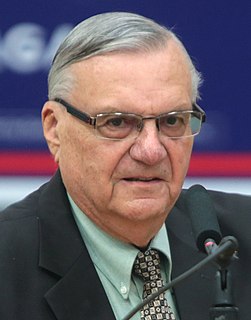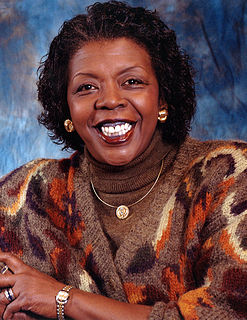A Quote by Matt Taibbi
If the law doesn't apply equally to everybody, then you don't really have a system of law.
Related Quotes
There can be no tolerance in a law-system for another religion. Toleration is a device used to introduce a new law-system as a prelude to a new intolerance... Every law-system must maintain its existence by hostility to every other law-system and to alien religious foundations or else it commits suicide
We cannot live in peace without Law. And though law cannot be perfect, it may be just if it is written in ignorance of the identity of the claimants and applied equally to all. Then it is a possession not only of the claimants but of the society, which may now base its actions upon a reasonable assumption of the law?s treatment.
The law is equal before all of us; but we are not all equal before the law. Virtually there is one law for the rich and another for the poor, one law for the cunning and another for the simple, one law for the forceful and another for the feeble, one law for the ignorant and another for the learned, one law for the brave and another for the timid, and within family limits one law for the parent and no law at all for the child.
It is often said that the progression from simple to complex runs counter to the normal statistics of chance that are formalized in the Second Law of Thermodynamics. Strictly speaking, we could avoid this criticism simply by insisting that the Second Law does not apply to living systems in the environment in which we find them. For the Second Law applies only when there is no overall flow of energy into or out of a system, whereas all living systems are sustained by a net inflow of energy.

